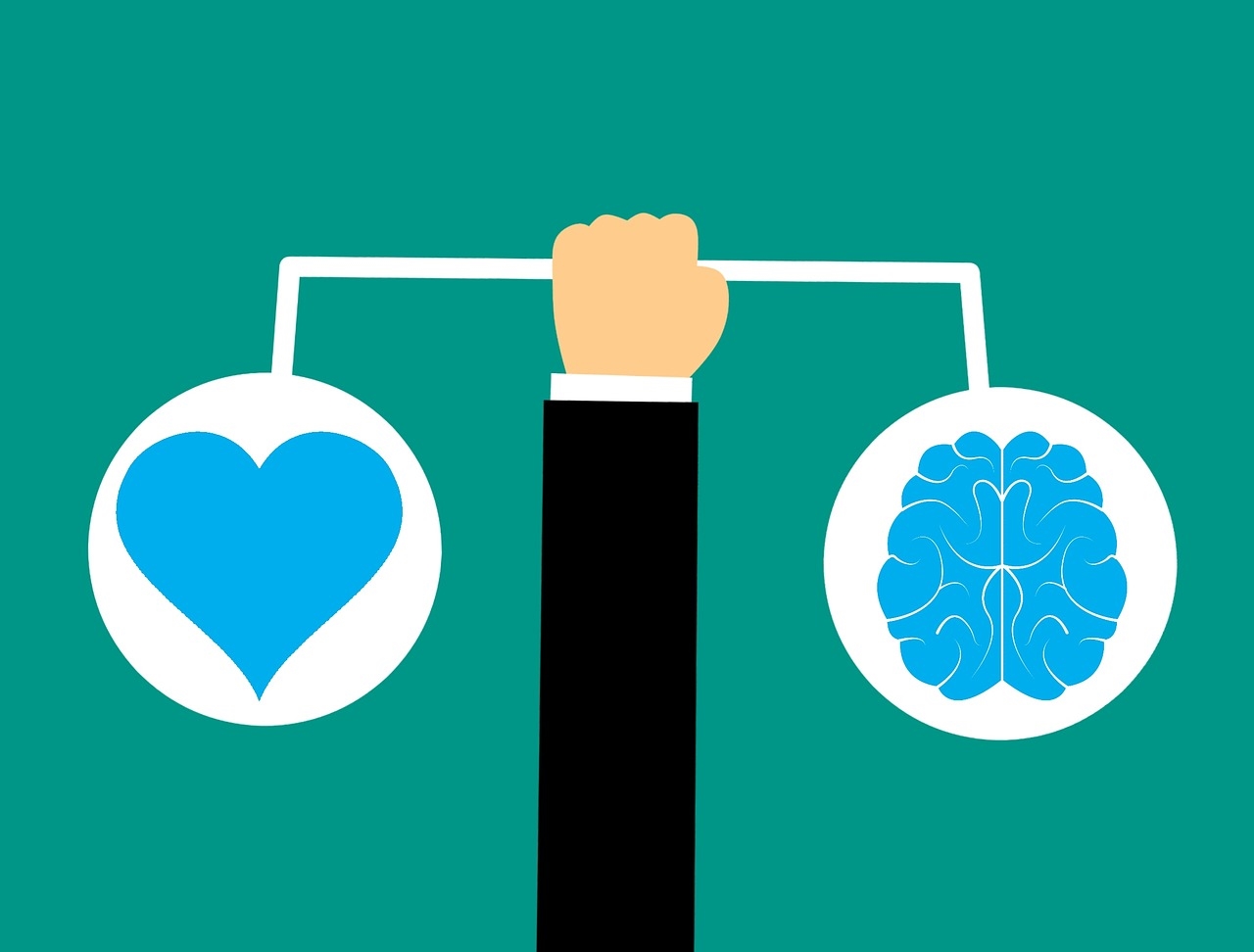— August 21, 2018

mohamed_hassan / Pixabay
Emotional intelligence is the ability to understand, manage, and express one’s personal feelings. High emotional intelligence is critical for establishing and maintaining close personal relationships, and it’s also important from a leadership and a team-building perspective. Many of the soft skills required for leadership success are driven by high emotional intelligence, and some of the problems that lead to dysfunctional teams are caused by low levels of emotional intelligence.
Research has long backed up the link between emotional intelligence and job performance. According to some of this research, about 90% of top performers have high emotional intelligence scores compared to 20% of low performers. Furthermore, about 58% of a leader’s performance can be linked to emotional intelligence. Organizations that place an emphasis on emotional intelligence have seen drastic results. The US Air Force, for example, reduced recruit turnover from 35% to 5% annually simply by selecting candidates with high emotional intelligence.
Fortunately, emotional intelligence trait can be improved over time. There are a number of strategies people can use to better manage their own emotions, which can help them to better understand how to engage with others. Here are a just a few strategies that can improve emotional intelligence:
Identify and Reduce Negative Emotions
Learning to manage negative emotions effectively is one of the most important aspects of emotional intelligence. Left unchecked, these feelings can overwhelm rational thinking and seriously impact judgment.
Assuming the worst about people or situations often feeds into a self-perpetuating cycle of negativity. For instance, assuming someone did not return your call because they don’t like you doesn’t create a good foundation for future interactions. Furthermore, the negative emotions generated by that uninformed assumption may hamper other situations and relationships. People also set themselves up for negative feelings by fixating upon a particular idea. When these things don’t work out as intended, the pain of rejection is much stronger because there are no other options to fall back on.
Negativity makes it difficult to bounce back from adversity. Rather than moving past failures and trying to learn something from setbacks, people weighed down by negative emotions become fixated upon them. They second guess, shift blame, and complain about what should have or might have happened “if only” things had gone differently. Giving in to despair and frustration, however, doesn’t allow people to learn anything useful from the situation.
The first step in managing negative feelings is acknowledging that they exist in the first place. After identifying those emotions, people can begin the process of learning how to deal with them positively so they don’t affect important decisions.
Take Time to Reflect
Emotions can be volatile, and people very often make the mistake of reacting to circumstances based on what they feel rather than what they think. While the obvious example may be someone lashing out a colleague after a bad day, emotions can also cause people to make decisions they would never make in a different state of mind. For instance, a manager feeling stress about their team’s recent performance numbers may jump at an opportunity to take on extra work to make themselves look better without considering that the extra workload will probably further diminish those performance numbers.
In many cases, simply pausing to breathe and think before acting is enough to avoid unfortunate situations. This pause could be as dramatic as walking away from a tense situation for a few minutes or as simple as waiting to hit the “send” button on a contentious email. Taking a moment to let emotions run their course before acting makes it easier to determine whether or not decisions are being made for rational or emotional reasons.
Take Responsibility for Emotions
While it’s easy for people to point to reasons why they feel the way they do, emotions ultimately come from within. In order to manage and deal with their feelings, people first have to take ownership of them or they will continue to be at the mercy of their emotionally-driven reactions.
Once people become more aware of how their feelings impact their actions, they can begin to identify what kind of situations trigger these reactions. Knowing how they’re likely to feel in a given context allows them to better prepare ahead of time. If someone knows that dealing with a particular client makes them uncomfortable or anxious, for example, they can take specific steps to deal with those emotions to ensure they don’t result in negative or unproductive behaviors.
Feelings can also inform thinking and reasoning because they are a good indicator of what a person values. Strong emotional reactions don’t come out of nowhere. If someone has a powerful feeling about something, there is usually a reason behind it. While becoming caught up in the emotions themselves may not be productive, understanding the cause of them can and should be taken into account in any thought process.
Be Observant
Understanding why people feel and behave the way they do is another key element of emotional intelligence. It can often be difficult for people to view situations from someone else’s perspective, but it’s important to find ways to bridge this “perspective gap.” Everyone is dealing with their own emotions, after all, and their reactions to situations may very well be driven by those feelings. Practicing empathy with others can give context to their behavior, making it possible to see what they’re feeling and dealing with at a given time. It also helps to anticipate how they may react in different situations.
Being proactive in interpersonal dealings can also help head off difficult situations before they develop. Knowing that an employee gets anxious when they’re given a new task, for instance, might prompt a team leader to introduce new responsibilities far in advance of the deadline. Also, taking proactive measures can help to manage conflict more effectively, taking steps to resolve disagreements before they spiral out of control.
Solicit Feedback
Human behavior is extraordinarily complex. Even when people know a great deal about themselves, new situations or circumstances can sometimes prompt reactions they might not have expected. Improving emotional intelligence is an ongoing process that continually presents opportunities for learning. Once someone is aware of how their emotions affect their decision making, they should evaluate how those feelings affect their beliefs and opinions. Do they think something is true because of some well-reasoned argument or are they clinging to an irrational belief based on a previous emotional experience? This form of self-reflection can not only shake up old beliefs but also help to inform future learning.
Outside opinions and feedback can help to improve emotional intelligence by pointing out existing strengths and weaknesses. They can also show how behavior is perceived by others, which can be quite informative. Criticism should be regarded as an opportunity for growth rather than a personal attack. Even if that criticism is not delivered in a highly effective manner, it’s important to hone in on the core idea behind it. Similarly, positive feedback should not be discounted. Ignoring or diminishing positive comments can contribute to an unproductive negative personalization that allows negative emotions to undermine self-image and influence behaviors.
Improving emotional intelligence can bring tremendous benefits, but it should not be regarded as a simple process with a clear end. Rather, it’s an active and ongoing development experience. While there are a number of strategies that allow people to be more aware of their emotions and how they affect their behavior, building emotional intelligence is a lifelong effort. Fortunately, the benefits that come from learning to manage emotions more effectively are incredibly valuable for both individuals and organizations.
Business & Finance Articles on Business 2 Community
(112)
Report Post






